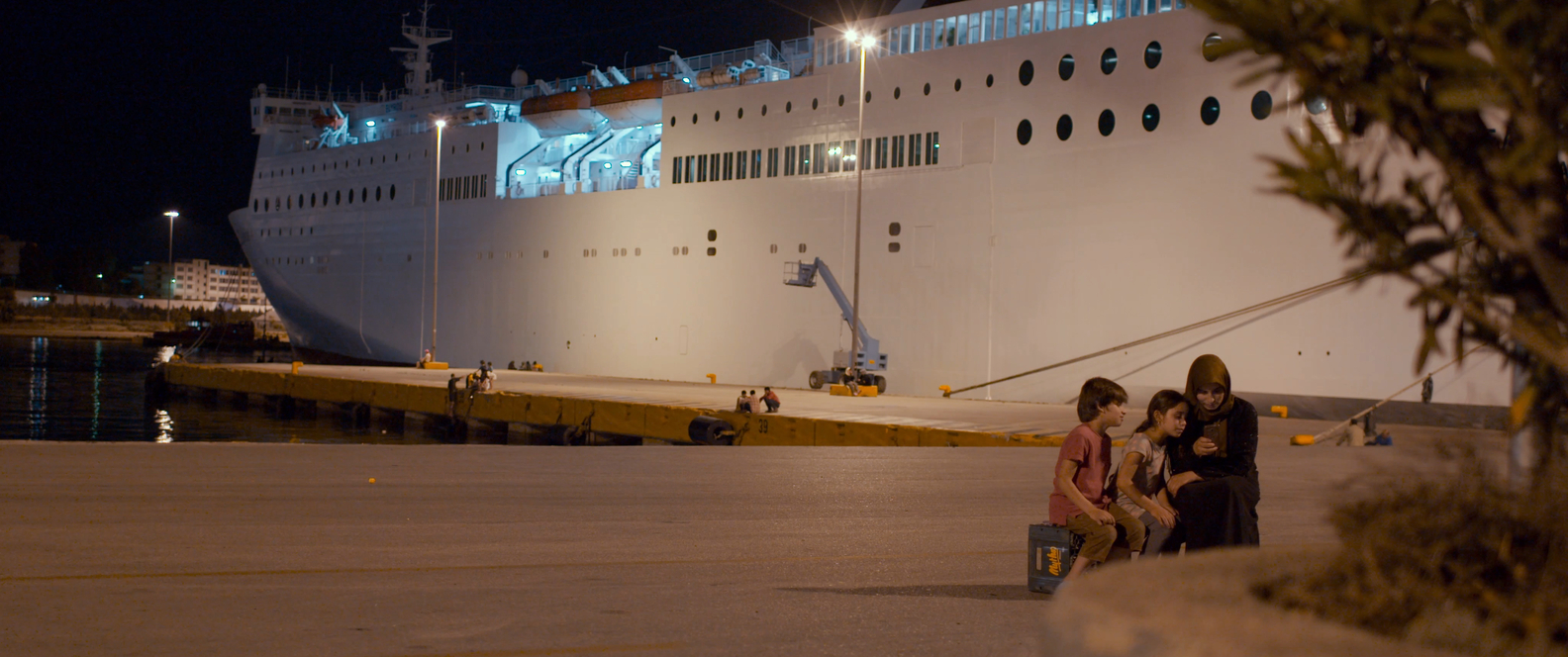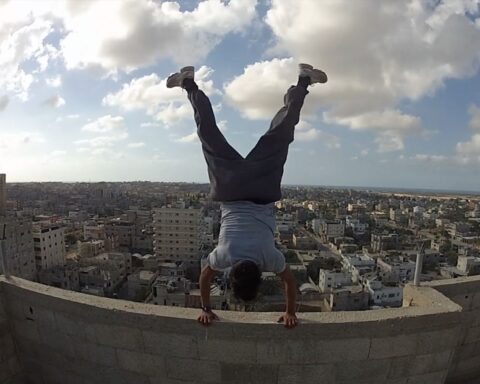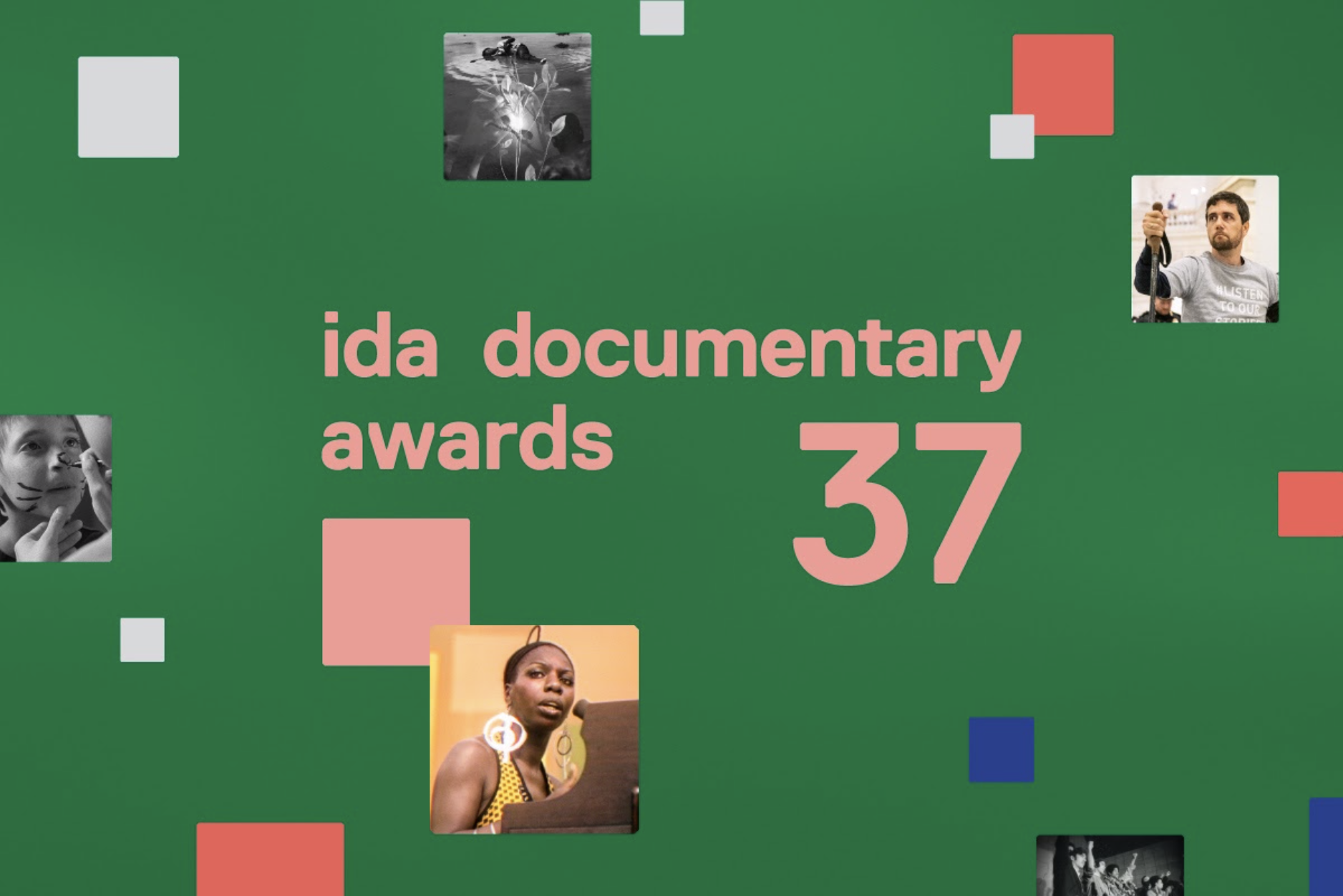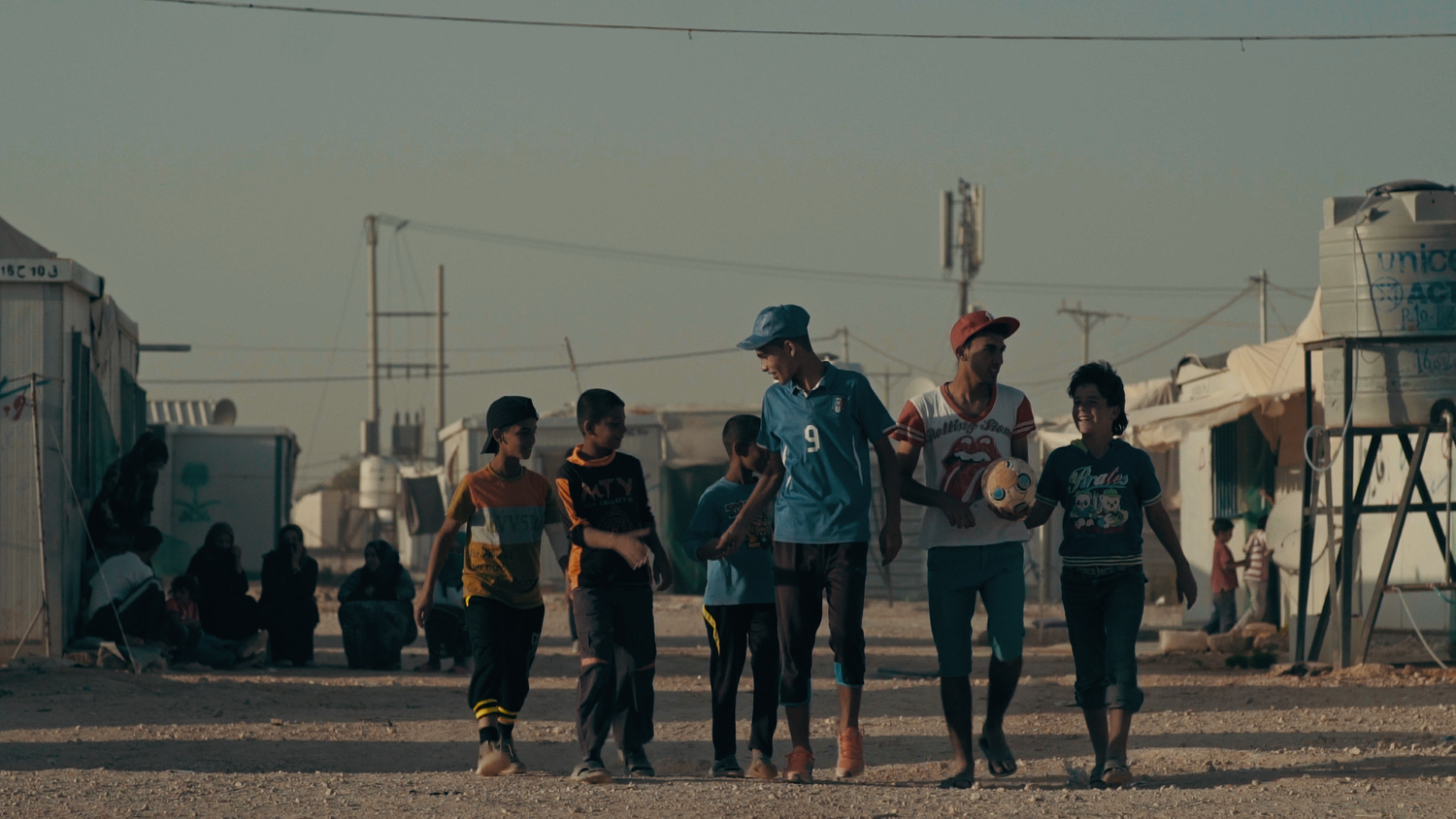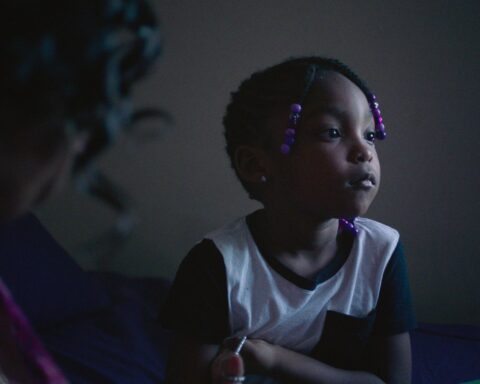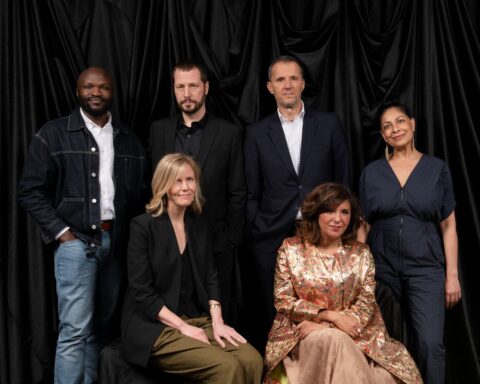Simple as Water
(USA, 97 min.)
Dir. Megan Mylan
Stories from the war in Syria and the migration crisis that emerged in its wake seem tragically boundless. Simple as Water adds to the growing faction of docs observing the challenges of displaced refugees. Oscar winner Megan Mylan (Smile Pinki) captures the stories of four Syrian families scattered around the world. Shot in five countries over five years, the film observes lives caught in limbo. Families await reunification, while others simply crave closure in their searches for missing loved ones. Bureaucratic headaches connect their plights, as do moments of levity as family life endures despite dire circumstances. These brief windows into the lives of refugees create a bleak portrait, yet the film’s hopeful finale offers a message of cautious optimism for their families as they forge new lives.
In Greece, for example, Yasmin and her four children are stuck in a tent camp in Athens. They live with countless other families who made the difficult journey by boat. They were lucky to survive, but daily ennui and ramshackle shelter in a tent camp isn’t ideal living. Mylan observes as Yasmin desperately navigates bureaucratic red tape to reunite her kids with their father in Germany. With the family straddling asylum in two nations, Yasmin finds herself caught in a frustrating loop of paperwork and heartache. The film witnesses the daily toll of limbo as she tries to keep a brave face for her kids. Yasmin remains strong, however, and works with other mothers to create a sense of normalcy in the camp. Life, somehow, endures when all they can do is wait.
Family Bonds Hold Strong
In Turkey, Samra works tirelessly to support her five boys as a single mother. This segment observes the economic precariousness of statelessness as Samra simply can’t provide for her family. She loves them, and her care is obvious in the tender moments that Simple as Water witnesses.
Whereas other families, like Diaa in Syria, would do anything to be reunited, Samra recognizes that her boys might be better off elsewhere. However, to create economic stability and improve their prospects for education, Samra risks doubling their sense of displacement if the family must create new lives apart. Diaa, on other hand, searches tirelessly for her son who disappeared. As the crisis worsens and Syria experiences a mass exodus, her odds of finding him seem more precarious each day.
Then there is Omar, a 22-year-old man who relocated to Pennsylvania with his younger brother. This story is among the stronger threads of Simple as Water as Mylan observes the hurdles that refugees face in America. His brother tries his best in school as they await approval of their asylum status. However, when Omar receives word that the family is on a terrorist watch-list, their fate changes. Mylan observes as the young men become caught by system prejudice. They’re obviously not terrorists, nor ISIS sympathizers. They’re victims of arbitrary algorithms and selective surveillance. The film asks what kind of life they can establish in America if the fear of relocation is always present.
A Happy Ending?
Finally, the stories of Simple as Water come full circle with Safwan in Germany. He lives with his roommate, Abdullah, and chats constantly with his wife, who hopes to reunite the family. As Mylan fortuitously captures the bittersweet joy that arises when Safwan’s family indeed lands in Germany, Simple as Water chronicles the long road to reunification that endures for refugees as the family remains separated under curfew in Butzbach. But even seeing one another in the daylight, and then separating to return to their own temporary lodging/facilities, is an improvement.
Simple as Water needs this fifth chapter to bring cohesion to the chapters, which are otherwise disparate but connected thematically, and Mylan’s strong commitment to her characters and their plight affords their story the appropriate power. The happy ending that Mylan finds, so to speak, is refreshing as one can see firsthand the lives that are saved when the system works. Simple as Water shows that it isn’t always this way, though. It’s never easy to reunite families ripped apart by war. Yet in showing us these various stories, and inviting us to witness difficult and transformative moments in the lives of these families, the film asks why we can’t do more to help those who are hit hardest. There are no easy answers here—just a reality to confront in order to remain decent human beings.
Simple as Water debuts on HBO and Crave on Nov. 16.




